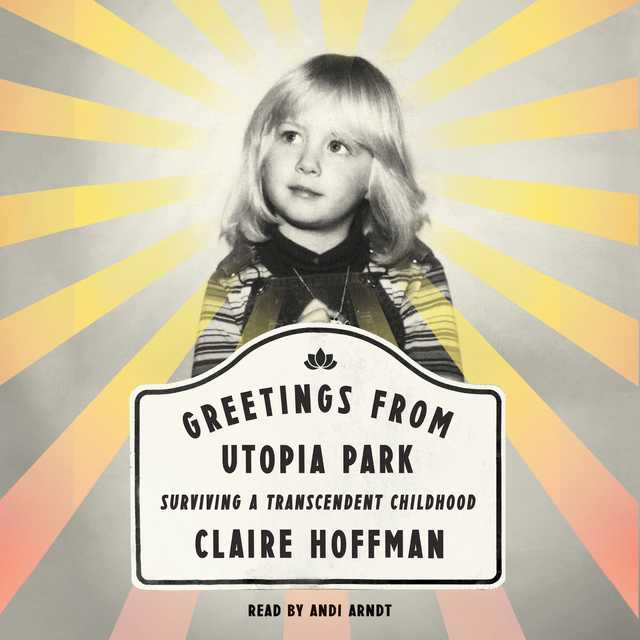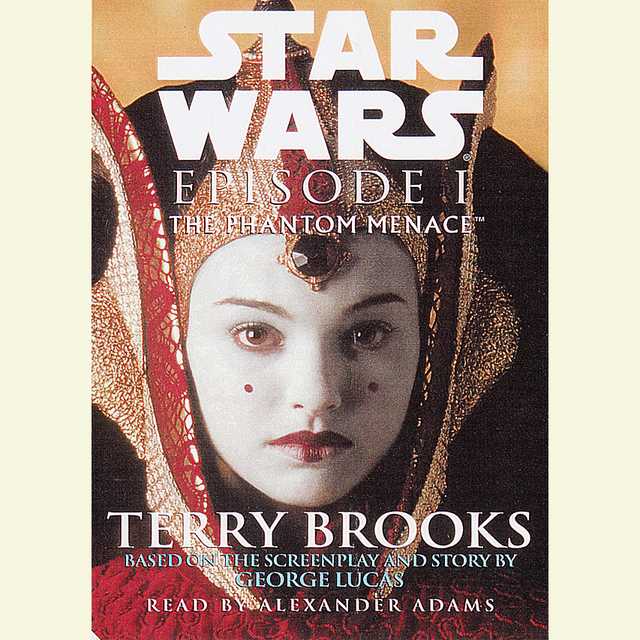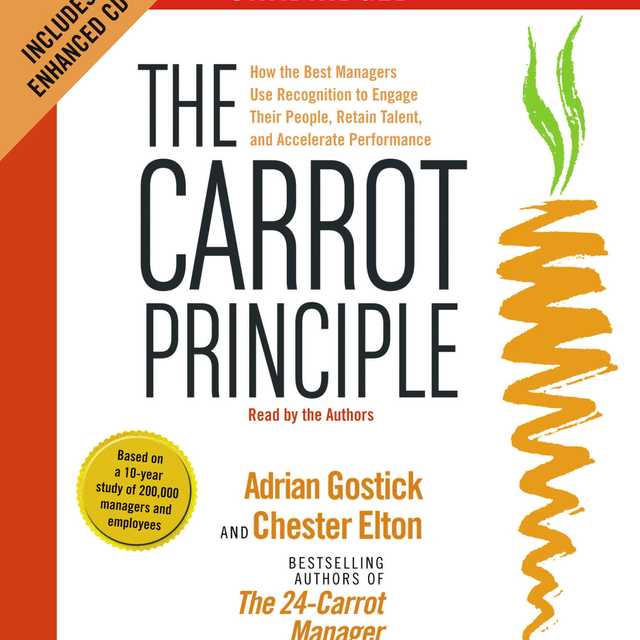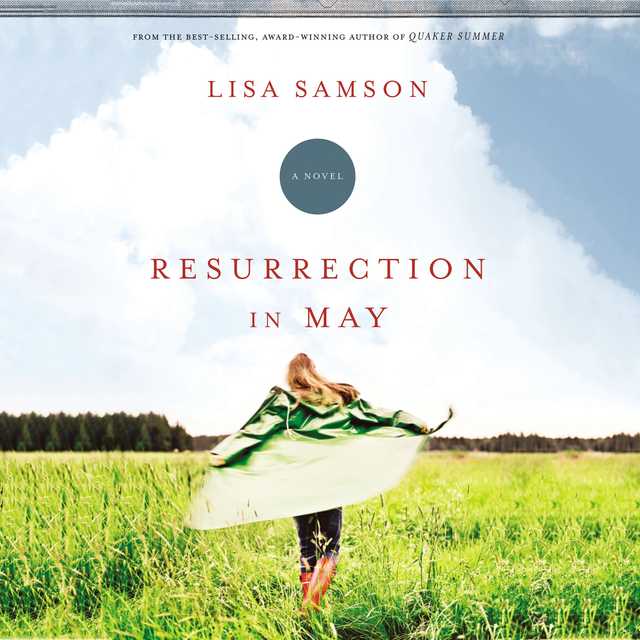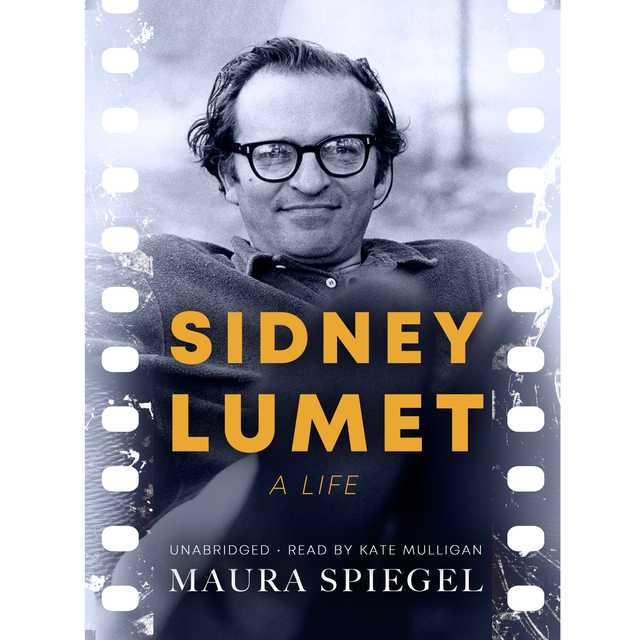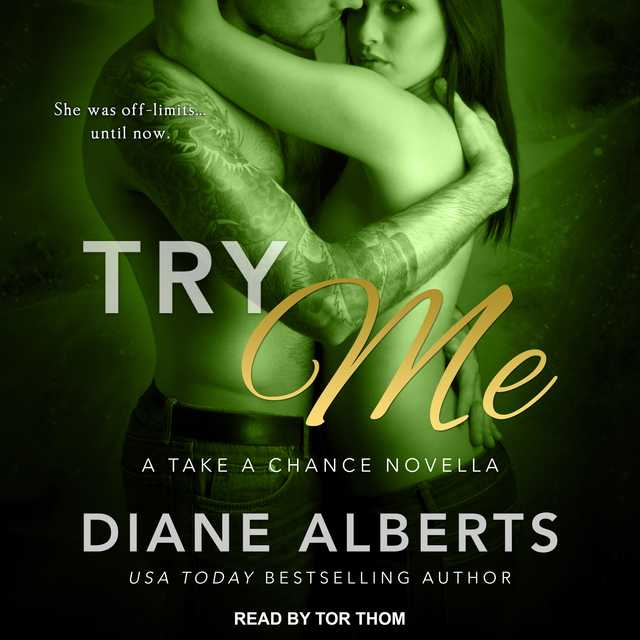Greetings from Utopia Park Audiobook Summary
In this engrossing, provocative, and intimate memoir, a young journalist reflects on her childhood in the heartland, growing up in an increasingly isolated meditation community in the 1980s and ’90s–a fascinating, disturbing look at a fringe culture and its true believers.
When Claire Hoffman’s alcoholic father abandons his family, his desperate wife, Liz, tells five-year-old Claire and her seven-year-old brother, Stacey, that they are going to heaven–Iowa–to live in Maharishi’s national headquarters for Heaven on Earth. For Claire’s mother, Transcendental Meditation–the Maharishi’s method of meditation and his approach to living the fullest possible life–was a salvo that promised world peace and enlightenment just as their family fell apart.
At first this secluded utopia offers warmth and support, and makes these outsiders feel calm, secure, and connected to the world. At the Maharishi School, Claire learns Maharishi’s philosophy for living and meditates with her class. With the promise of peace and enlightenment constantly on the horizon, every day is infused with magic and meaning. But as Claire and Stacey mature, their adolescent skepticism kicks in, drawing them away from the community and into delinquency and drugs. To save herself, Claire moves to California with her father and breaks from Maharishi completely. After a decade of working in journalism and academia, the challenges of adulthood propel her back to Iowa, where she reexamines her spiritual upbringing and tries to reconnect with the magic of her childhood.
Greetings from Utopia Park takes us deep into this complex, unusual world, illuminating its joys and comforts, and its disturbing problems. While there is no utopia on earth, Hoffman reveals, there are noble goals worth striving for: believing in belief, inner peace, and a firm understanding that there is a larger fabric of the universe to which we all belong.
Other Top Audiobooks
Greetings from Utopia Park Audiobook Narrator
Andi Arndt is the narrator of Greetings from Utopia Park audiobook that was written by Claire Hoffman
Claire Hoffman writes for national magazines and holds a master’s degree in religion from the University of Chicago and a master’s degree in journalism from Columbia University. She was a staff reporter for the Los Angeles Times and Rolling Stone. She serves on the board of her family foundation, the Goldhirsh Foundation, as well as ProPublica and the Columbia School of Journalism. She lives in Los Angeles, California.
About the Author(s) of Greetings from Utopia Park
Claire Hoffman is the author of Greetings from Utopia Park
More From the Same
- Publisher : HarperAudio
- Abraham
- American Gods [TV Tie-In]
- Dead Ringer
- House of Sand and Fog
- Prey
Greetings from Utopia Park Full Details
| Narrator | Andi Arndt |
| Length | 8 hours 1 minutes |
| Author | Claire Hoffman |
| Category | |
| Publisher | HarperAudio |
| Release date | June 07, 2016 |
| ISBN | 9780062566072 |
Subjects
The publisher of the Greetings from Utopia Park is HarperAudio. includes the following subjects: The BISAC Subject Code is Biography & Autobiography, Religious
Additional info
The publisher of the Greetings from Utopia Park is HarperAudio. The imprint is HarperAudio. It is supplied by HarperAudio. The ISBN-13 is 9780062566072.
Global Availability
This book is only available in the United States.
Goodreads Reviews
Sarah
October 31, 2021
3.5 rounded upFirst, the good. This is the first ex-cult memoir I've read that sees the protagonist come full circle to embrace the best parts of the movement while spitting out the insanely big, hugely exploitative bones. While I think Hoffman would be the first to call Maharishi a money-grabbing egotist, she has also worked hard to see the good transcendental meditation did in her life. That's really big of her. Also, I LOVE Claire Hoffman's mother! Yes, I see her imperfections. But that woman worked a multitude of jobs, survived an alcoholic spouse, and STILL managed to read aloud to her children almost every single night. The dang-fraggin' LOVE that woman had for her babies: I can't help thinking it somehow covered them, protected them from the worst of the movement's abuses. Now, the not-so-good. The author is always telling stories of jokes she told her friends back in the day about the crazy Maharishi. But I never get to HEAR the jokes! In fact, there is precious little humor in this book, even though a transcendental meditation guru who pushes more consumer goods than Oprah (who I happen to love, but come on...) leaves SO MANY openings for a funny or two. Is it weird for me to want a good laugh in the midst of a heavy subject? To my mind, heavy subjects require a little leaven in the proverbial lump. Overall, this is a good read.
LLynch
June 11, 2016
I was eagerly anticipating this book, having also grown up as part of the Transcendental Meditation movement, in Fairfield Iowa. I was curious what her approach would be, in dealing with the vast, and polarizing subject, of the TM movement. I loved that she kept it personal and layered, rather than making a sweeping, final judgement. I found Hoffman's, account to be so vividly drawn that while reading it, I stopped comparing it to my own experience, and lost myself in her voice. I loved being sucked into the dueling, exotic worlds of her childhood-the TM movement, and rural Iowa. But what I enjoyed most was how universal the themes were despite the intensely, specific settings. Many of us analyze and try to come to peace with our pasts. And many of us, as we become parents, try to syphon the best of our childhoods to pass down to our children, while shielding them from the worst.
Anastaciaknits
June 21, 2016
This is a fascinating look at Transcendental Meditation and enlightenment. I don't know much about meditation other than the most basic knowledge, so I was interested in reading about how a child grew up in the culture and returned as an adult, learning how to cope and how to grow and change, both as a mother and as a women and a wife.Since the book is a memoir, there is obviously some information about her family history, but the book is mostly about the TM movement and its founder, but it's also to a certain extent a coming of age story. There's a lot of suffering here, but mostly it's about Claire's loneliness, something I think we can all relate to.While this is a great memoir and is very well written, I did have a few issues with it. I felt Claire really skirted the truth about a lot of issues - she brought up some subjects / controversies, but really didn't dive into them - again, this book is a memoir and not a tell all, but in books like this I always say the same thing - why bring up the subject at all if you aren't going to delve into it?I also didn't care for the ending, where Claire really glosses over the last few years of her life, only very briefly mentioning her time with her father / late teen/early adult years. Considering this book was supposed to be a contrast between her youth and her adult years, this was disappointing.All in all, an interesting read about a subject I knew little about.-received book from author as part of a book tour
Steve
November 24, 2016
Greetings from Utopia Park: Surviving a Transcendent Childhood By Claire HoffmanThe Fab Four. Really, that’s where it all begins. The mother of the author, my age by the way, was a young Beatles fan back in the day. The book is a byproduct of Beatlemania which was a byproduct of popular mass media culture. Some just liked the music I suppose. Others, more enthusiastic, maybe then ended up starting a band, the boys mostly probably. Still others, maybe, like the author’s mother living in an unhappy home, wanted and needed more. They needed an out, a direction, or maybe just an escape. They might have followed the Four into some other thing things they explored with the eyes of the press and the PR people looking on. They might have taken pot or LSD. Some, like the mother in this book, got into TM. There are a lot of people who try stuff, dabble with this or that, and just go on with their more or less conventional lives. Others get more deeply involved. This book is about a deep involvement of that sort and a mother who brings her two children into it. The book is the voice of one of these children. Ms. Hoffman’s mother is abandoned in NYC by her wannabe writer alcoholic husband. He has left with the rent unpaid for months. The mother is already into TM founded in the 1950s by indian man Maharishi Mahesh Yogi. He is the guy who the Beatles and other celebrities were into for a spell around 1968. But then most of them wandered off. Mia Farrow was supposedly hit on by the yogi. The book says that the Beatles song Sexy Sadie is about that and how she made a fool of everyone by exposing the guru as, as what, well a man I suppose.Around the time of the father leaving, and really leaving, untrackable, the guru makes a call out to his followers that he is building a school, a community of meditators in Fairfield, Iowa having purchased with contributor money the campus of a bankrupt college. Most of the book is a lucid account of a young girl growing up in that community.The main problem is that the mother is still struggling to get by, make a living. The cult makes big promises of World Peace if enough people meditate enough. (It's not much of a spoiler to report that World Peace did not occur.)But mother works hard to support herself, her two young children while paying the increasingly inflating cost of being a follower. She wants the new transcendental techniques that guru is selling, and it is more expensive that the earlier stuff. This involves flying meditation. I saw this demonstrated once, I think it was on the Phil Donahue show. They sat in lotus position on a foam rubber surface and well, they did get off the surface a little. It was really just hopping. But I guess if one gets good, becomes a better meditator, one can levitate. There is a town and gown sort of thing in Fairfield. But it is a little more extreme because the outsiders coming in are really a different sort of people. So the children, the author and her older brother, being poor and unable to pay of the on-site Maharishi School, end up in the public school where they are bullied as outsiders. Public school even in the 1980s being as it is a culture somewhat similar to prison. That doesn’t last long because someone unnamed gives the kids a scholarship to Maharishi School which is a lot better than the public school and also avoids the bullying. But by high school as costs keep rising the brother and then Claire Hoffman end up in public school anyway which is difficult for them because they are guru kids still teased and worse. But this ends up opening their worlds from the insular protective shell of private cult education.The author becomes disillusioned with the Transcendental Meditation movement in her high school years. There is a moment when she takes psychedelic mushrooms with her high school friends and discovers what the devotees, many of them who likely came to TM after experiences with psychedelics and hoping to get there naturally, are searching for. Maybe the parents shouldn’t have abandoned the shrooms and such in the first place. Transcendental Meditation as a group with a charismatic, and in this case exotic leader, ends up trying to keep up with his increasingly grandiose schemes. They need to build things and that will result in something miraculous, World Peace. This is fine for the well-heeled who can follow along the money trail because, American don’t value things that they don’t have to pay for. That is a rather ugly way to look at us and leaves the people who can’t pay out or struggling to always keep up, and if one meditates better wealth should be a byproduct. But mom was also interested in listening to the tapes of “Reverend” Ike, so clearly she was a prime mark. Ultimately the author marries rich and become a little more involved in TM again.It is not stated, but it seems to me that this sort of thing is really for people with disposable income, income that can be used for self-exploration. In her childhood her struggling mother did not have money enough that paying for the services involved with being a follower, This was a constant problem and something that separated her from her children because a single mother has to be away, out of the house acquiring money. The entire situation is stressful which defeats the purpose of the meditation.When Ms. Hoffman finds herself in a position of having then she looks back at her roots and tries with some success to believe. She can afford this luxury. It is not something that stressed the finances of the family. This book is a very enjoyable read. I have an interest in this sort of thing. Some years ago I went to some “non-dualistic” satsangs. I even attended a retreat in the hills of Virginia conducted by someone who had claimed more enlightenment than I have. He was later brought down a few pegs by getting sexually involved with a follower, human stuff. But the thing is I am not a follower. I was taken to a non-denominational christian church as a kid and ultimately rebelled choosing commercial entertainment over religion, and it’s commercial philosophy of individualism. I have sometimes wished I could be a joiner. I understand there is great potential and personal benefit available with some groups. More personal thoughts:I am interested in psychedelics but can’t seem to get out of the old style underground scene where one just bought the acid, or whatever. Like maybe, “here is your mantra, good luck”. Today what I know with very limited experience about the ayahuasca moment is that it is very much a controlled group thing, where the group can go further together by doing and focusing as one. But along with that come experts, guides, therapists, all needing to make a living so some of these things tend to follow the way of the most capitalist culture and get more expensive which eliminates some who are interested and could possibly benefit.Theses reacting to groups in the past, childhood church membership, might be reactive to group spiritual dynamics, and shy away. Some are just shy and don’t mix well, or are fearful and suspicious of natural charismatic leaders that emerge.Get with people if you can and do something together. Contrary to the Objectivist notions that are unfortunately the restrictions of my life, there are great things you can do with others.Of course there are hazards as this interesting account shows. The leader can get too needy, and if you don’t have the money you might get into trouble keeping up.I cane by the book after hearing Claire Hoffman interviewed on Expanding Mind podcast.http://expandingmind.podbean.com/e/ex...
Cindy
July 01, 2016
Claire Hoffman’s memoir, GREETINGS FROM UTOPIA: Surviving a Transcendent Childhood(Harper), is about a five-year old abandoned by dad, living with her mother and seven-year old brother, Stacey at the Maharashi’s national headquarters for Heaven on earth, in Fairfield, Iowa. I’d argue most people don’t know Fairfield, Iowa, which is located smack in the middle of the US of A, is ground zero for the Transcendental Movement, but it is.I’m familiar with the whole TM arrangement in Iowa, because I recently read a novel, ROOVILLE(Sparkpress), by Julie Long, who although it was a novel, based on her knowledge, must have had some personal interaction with the TM community in Fairfield.Back to Claire, her mother really does the best she can at that point. They are given a safe place, schedules and rules to follow, and a philosophy: with the promise of enlightenment. But as Claire gets older, she starts questioning the whole commune deal, gets into drugs and wants to know what’s out there beyond Fairfield.I was raised Catholic and attended Catholic schools, which I have fond memories of. We went to church every Sunday, followed by a large family dinner. Everything was fine until the Pentecostal movement swept through Catholic churches and my mother was touched by the Holy Spirit and “born again.” She decided to pick up, leave and follow God’s plan for her life.Like Claire, I’m also a journalist, so I can read and write about religion from some perspective. It doesn’t completely eliminate the many questions I have about organized religion, particularly when it comes to isolating members.I found Claire’s novel interesting. She approached her writing as a journalist. I felt after reading it, there’s much more to the story. Claire is honest, but GREETINGS FROM UTOPIA isn’t the whole story. I’ve read many memoirs and most have some element of interest, but to be a great memoir, the writer has to be willing to be completely raw on the page. Perhaps there will be a follow-up. There’s certainly enough material.I applaud Claire for her success. She had an extremely tough upbringing, nothing was handed to her and she worked hard to achieve her success. Bravo, Ms. Hoffman.HarperCollins | Amazon | Barnes & NobleClaire Hoffman writes for national magazines and holds a Master’s degree in Religion from the University of Chicago, and a Master’s degree in Journalism from Columbia University. She was a staff reporter for the LA Times and has reported for the NY Times. She serves on the board of her family foundation, the Goldhirsh Foundation, as well as ProPublica and the Columbia Journalism School. She lives in LA.Find out more about Claire at her website and follow her on Twitter.
Tara
June 05, 2016
Greetings from Utopia Park is a bittersweet view of life, faith, and, ultimately, motherhood - initially as seen through the eyes of a child open to the world's possibility - then through an adult's perspective, still open, yet grounded in the reality of how there may be little grounding after all. Hoffman's book immediately transported me into my childhood self. She captures the hope, wonder, and fear that characterize that time in all of our lives, despite any differences in our collective upbringings.The book left me with the aching honesty that we must answer these life questions in our own way, at our own pace, and often without definitive answers. This is a lovely, thought-provoking book that Hoffman deems aptly and affectionately "a love letter to her (mother) and to the religious experience." Brava!
Molly
June 13, 2016
I devoured this book. I find myself lost in thought, memories flooding over me. I've wanted to write this book, but it was too hard, too personal. Claire managed to write an expose of sorts, but still remain sweet, loving, and gentile. You can tell that she really does love her mother, truly is in a place of peace with her upbringing, and her past.Claire and I were not close friends, but we have many, many, many shared experiences. To be honest, I was worried that this would be yet another puff piece (a la Oprah Winfrey) that glamorized my hometown. I'm so glad that she was brave enough to include some of the dark side. I felt that she toed the line in an admirable and brave way. Highly recommend.
Cassandra
June 06, 2016
I read an uncorrected proof of this book and I could not put it down. Completely absorbing story of a young girl's upbringing immersed in the Transcendental Meditation community. Compelling insights into the community at the time and fascinating stories of her unique upbringing with her mother and brother. This is one of those few books that I've read where I was sad when it was over because I wanted to keep reading more and more... I hope Claire Hoffman writes another book on the subject!
Christy
February 23, 2020
This memoir provided enough detail to paint a good picture of Claire's childhood. It was well-written and interesting. There are sad parts to her upbringing but she doesn't keep you there as the point of the book is to show you her journey and what she's learned. I gained an education on the transcendental movement which was eye opening. And, as with most things in life, some is good and some is not. Claire explains this through her experience. Claire doesn't wrap it up with a grand lesson or a pretty bow but she does leave you with a sense of satisfaction while also a sense of possibility. It doesn't sound as if Claire is done learning - which is good - but she seems to have found some Enlightenment that will assist her throughout the rest of her life.
Denele
February 22, 2018
This story was hard to read in places, not because of poor writing. If the writing had been less skillful, I wouldn’t have been able to read it at all. It was hard to read because I kept having an intellectual argument about how people could be so stupid.The transcendental meditation movement, in particular the cult following of Maharishi Mahesh Yogi, never made sense to me. I had carefully extricated myself from another cult, that of the Church of Christ, so I never remotely entertained the idea of another rigid structure to sit on my head and eat the days of my life. I get that some people want to run and hide inside concepts like this, like someone has figured shit out and if you just listen to them and do what they say, you’ll see the light. Sorry, but it really doesn’t work that way. You can’t find nirvana on someone else’s path.So this story of a woman’s growing up years with an alcoholic father and a mother who took refuge in TM rubbed me completely the wrong way. Even more upsetting was the author’s failure to ultimately call BS on the whole process.Yes, maybe meditation is a useful practice. I choose not to waste my time that way, but if it works to bring relaxation and peace of mind to some, that’s fine. But nowhere in this book does the author really come out and say that TM under the Maharishi was a bucket of spit engineered with his personal satisfaction and enrichment as the goal. She doesn’t say that her mom, herself, and all the other people she knew were suckered into feeding this weasel’s grandiose scheme. She does manage to accurately report on the ultimate scandal in the media exposure of his scheme and share with readers the timeline of his rise and fall. That’s valuable. And it’s valuable that she acknowledges the time and effort it took for her to distance herself from the cult aspect of his teachings. For me, the book was an eye opener, yet another one, on the subject of how deluded people can be about issues of religion and spirit. Very depressing.
Lauren
June 29, 2016
Clare grew up with a mom who practiced Transcendental Meditation (TM) and a dad who was alcoholic. The dad eventually left and it was just Claire, her older brother, and her mom. They moved to Iowa, where there was a community of TM followers and Claire started to struggle with being an outsider. Having to attend the public school because her mom couldn't afford the tuition for TM school, Claire was bullied for being a 'ru'. When someone donated money for the two kids to attend school, Claire felt like she fit in for a while until she started to question what was being taught. Having known absolutely nothing about TM or what it meant, this book provided a good background. There were sprinklings of the history of the movement throughout Claire's story as she tied what was happening to her with what was happening to the movement. It's not really a cult, it's not really a religion, it's probably best described as a movement. Claire explained very well what she was questioning and why she was questioning it. And frankly came to a very logical resolution where she didn't give it up, didn't adopt it wholly, but wound up somewhere in the middle.The pacing of this book was excellent for an autobiography. I would have liked to read more about what happened when she went to her father as a teenager and how this was different from living at Utopia Park but this was glossed over. An interesting book, even if you don't know anything about TM.
Kim
July 07, 2016
Claire is a great writer, telling stories of her childhood that couldn't have been easy to tell. A long time ago, I was on a team of educators that went to the Maharishi School to determine if they were to receive accreditation from an independent school association. I remember worrying that the kids who went to school there might not be able to function in the "real" world, especially those kids who lived on campus with their families. I talked to several seniors who were going to go on to Maharishi University and/or work in some M. business. What Claire says about the faculty is true - they sacrificed a lot to teach there and made very little money, with nothing being contributed to retirement by the school. I wonder how they're doing these days?
Jim
July 04, 2016
Claire Hoffman was raised in the Maharishi Mahesh Yogi's transcendental meditation community in Fairfield, Iowa. Though the title may lead you to believe this is an "escape from a cult" book, it's not really that--the mild-mannered, pastel-clad TM devotees are hardly sinister, and Hoffman and her family were free to come and go at any time (a no-no in cults usually). Her assessment, then, is decidedly mixed. She still meditates, though I doubt she's going to be living back in Fairfield anytime soon. Not hugely gripping, but I made it to the end.
Charles
June 25, 2016
As a lifelong TMer, this book spoke to me particularly, especially as her account is at once personal, critical and compassionate.
Renee
February 17, 2021
** spoiler alert ** I loved this book and feel like I owe it a review. Let's see if I can do that in a few sentences.I heard about this book a long time ago on NPR. I was drawn to it because I grew up in small town Iowa, around the same time as the author, and I've always been curious about TM, the Maharishi, and the happenings in Fairfield. But I came away from this book with more than just a sense of connection with the author, or a satisfied curiosity about the TM movement. There is just so much to explore here. It parallels my own life, and I'm sure, the lives of many others who grow up in any sort of faith/dogma/belief. I love that Hoffman choose to go even further than her life in Fairfield, to her life as a mother, the respect she gains for her own mother's choices, and ultimately, how her own perspective of TM softens.My favorite passage:"I understood something for myself that was monumental, and felt like a key to understanding my life, past and present. In order to have a sublime experience, you had to be absurd. There was nothing logical about faith and believing. And despite what atheists might say, that was exactly the point. You had to let go of the part of you that was critical and logical in order to escape your own humanness. And sometimes you needed a way to escape. Despite my remaining questions about his integrity, the Maharishi had given my mother and me something valuable: A tool with which to temper the world around us." What a beautiful book.
Frequently asked questions
Listening to audiobooks not only easy, it is also very convenient. You can listen to audiobooks on almost every device. From your laptop to your smart phone or even a smart speaker like Apple HomePod or even Alexa. Here’s how you can get started listening to audiobooks.
- 1. Download your favorite audiobook app such as Speechify.
- 2. Sign up for an account.
- 3. Browse the library for the best audiobooks and select the first one for free
- 4. Download the audiobook file to your device
- 5. Open the Speechify audiobook app and select the audiobook you want to listen to.
- 6. Adjust the playback speed and other settings to your preference.
- 7. Press play and enjoy!
While you can listen to the bestsellers on almost any device, and preferences may vary, generally smart phones are offer the most convenience factor. You could be working out, grocery shopping, or even watching your dog in the dog park on a Saturday morning.
However, most audiobook apps work across multiple devices so you can pick up that riveting new Stephen King book you started at the dog park, back on your laptop when you get back home.
Speechify is one of the best apps for audiobooks. The pricing structure is the most competitive in the market and the app is easy to use. It features the best sellers and award winning authors. Listen to your favorite books or discover new ones and listen to real voice actors read to you. Getting started is easy, the first book is free.
Research showcasing the brain health benefits of reading on a regular basis is wide-ranging and undeniable. However, research comparing the benefits of reading vs listening is much more sparse. According to professor of psychology and author Dr. Kristen Willeumier, though, there is good reason to believe that the reading experience provided by audiobooks offers many of the same brain benefits as reading a physical book.
Audiobooks are recordings of books that are read aloud by a professional voice actor. The recordings are typically available for purchase and download in digital formats such as MP3, WMA, or AAC. They can also be streamed from online services like Speechify, Audible, AppleBooks, or Spotify.
You simply download the app onto your smart phone, create your account, and in Speechify, you can choose your first book, from our vast library of best-sellers and classics, to read for free.
Audiobooks, like real books can add up over time. Here’s where you can listen to audiobooks for free. Speechify let’s you read your first best seller for free. Apart from that, we have a vast selection of free audiobooks that you can enjoy. Get the same rich experience no matter if the book was free or not.
It depends. Yes, there are free audiobooks and paid audiobooks. Speechify offers a blend of both!
It varies. The easiest way depends on a few things. The app and service you use, which device, and platform. Speechify is the easiest way to listen to audiobooks. Downloading the app is quick. It is not a large app and does not eat up space on your iPhone or Android device.
Listening to audiobooks on your smart phone, with Speechify, is the easiest way to listen to audiobooks.

